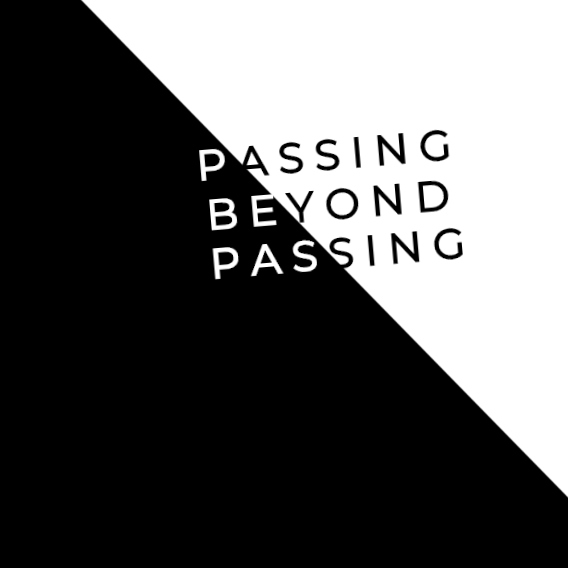Friday, April 5, 2019 – Sunday, April 7, 2019 @ Vassar College
About
The phrase “passing for white” first appears in advertisements for the return of runaway slaves. Abolitionist fiction later adopts the phenomenon of racial passing (together with the figure of the “white slave”) as a major literary theme. The term continued to enjoy currency in literature in the postbellum era and during the Harlem Renaissance. Today, “passing” has various manifestations and applications. Not limited to race, the term may indicate subversions of gender, sexuality, religion, ability and class, among other identity coordinates.
This conference responds to renewed interest in passing that derives from the popularity of genetic genealogy tests, sensational cases of racial fraud (i.e., Rachel Dolezal), the idea of “realness” appropriated from ball culture, racial ambiguity in a surveillance state, public fascination with celebrities like Meghan Markle, and the construction (and manipulation) of online identities (i.e., catfishing and blackfishing). Interdisciplinary perspectives on passing, miscegenation, authenticity, sexuality, kinship, and racial ambiguity in the arts, law, memory, popular culture, and the racial state are invited. Themes may include betrayal, secrecy, dissimulation, subjectivity, masquerade, visibility/invisibility, surveillance, fraud, and belonging.
At Vassar College, interest in this topic has reemerged since the publication of Karin Tanabe’s novel The Gilded Years (2016), about Anita Hemmings’ experience as the first black woman known to attend the College. In 1900, poet, novelist, lyricist Paul Laurence Dunbar modeled one of his musical characters (Parthenia Jenkins in Uncle Eph’s Christmas) after Anita Hemmings. By placing a character with Hemmings’ stature in a farce, Dunbar lampoons class / caste based distinctions. More importantly, he associates Hemmings – a racial performer celebrated for her respectability – with less-respected, equally assertive performers of race. Hemmings’s story is currently being adapted into a film, A White Lie, starring Zendaya and produced by Reese Witherspoon and Zendaya. This conference provides an opportunity to reflect on Hemmings’ experience – and those of other black women – who integrated women’s colleges.
This conference is also an occasion to rethink identity categories that have long been naturalized or taken for granted. From critical race theorists, sociologists, and social psychologists like Cheryl I. Harris, George Lipsitz, and Claude Steele to labor historians and feminist scholars such as David Roediger and Ruth Frankenberg, many intellectuals have examined whiteness as a social formation to which disparate ethnic groups (i.e., Jewish, Italian, and Irish) have assimilated. This conference (and concomitant art show at the Frances Lehman Loeb Art Center) can facilitate careful rethinking of assumptions about identity formations and affiliations. All are welcome.
